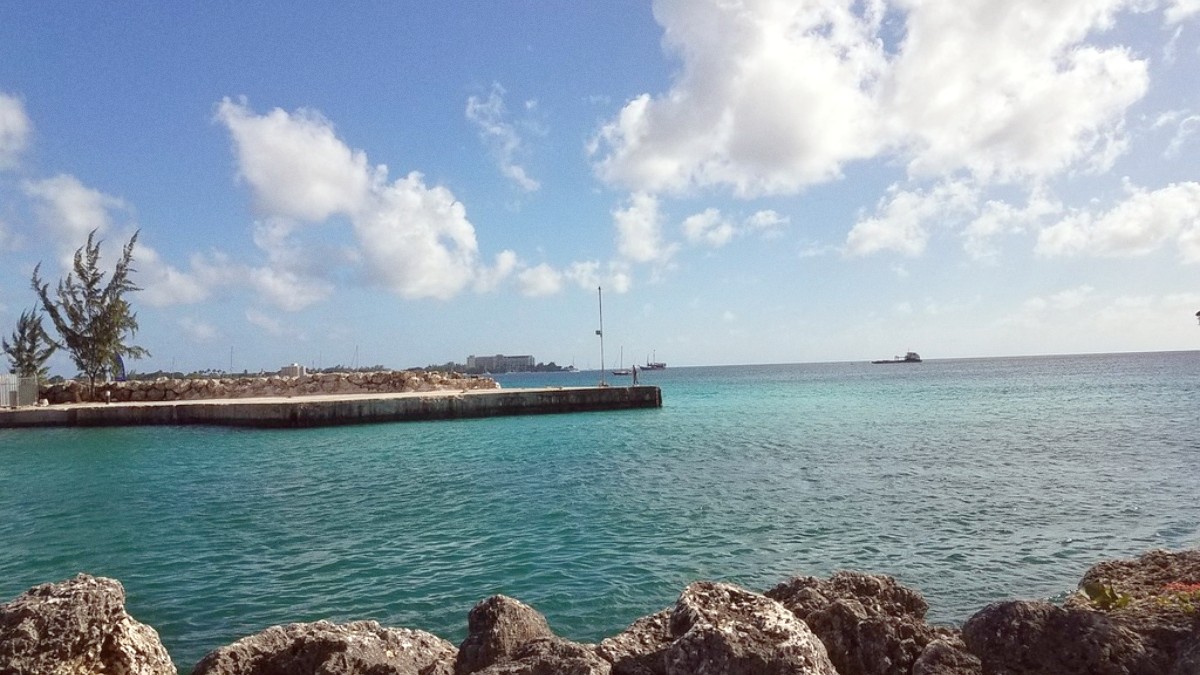
Barbados
The city’s welcoming atmosphere invites exploration, promising discoveries around every corner. From its historic streets to its inviting coastline, Bridgetown is a wide range of experiences.
Bridgetown’s history began in 1628 when English settlers arrived. They initially called it Indian Bridge, recognizing an existing bridge built by the Amerindian people over the Careenage River.
Its economic activity, however, was inextricably linked to the transatlantic slave trade, with Bridgetown serving as a central point for the forced arrival of enslaved Africans.
The city's earliest days in 1628 saw English settlers recognize an existing Amerindian bridge, naming it Indian Bridge.
Rapid growth transformed Bridgetown into a powerhouse of trade and a major hub within the British Atlantic Empire.
Recognizes unique British colonial architecture and planning.
European styles blended with the Caribbean environment.
Highlights administrative, commercial, and military structures.
Symbol of parliamentary democracy, one of the oldest.
Former British military headquarters, critical defensive post.
The Parliament Buildings, located on Broad Street, represent a long tradition of parliamentary democracy, Barbados having one of the oldest parliaments in the Commonwealth.
A grand Anglican church with origins tracing back to the early colonial period, reflecting the island's religious and social history.
This historic waterway once served as a maintenance hub for ships, today hosts smaller pleasure crafts and adds a picturesque element to the city center.
Look for historic plaques and signs throughout the UNESCO World Heritage site. They offer context and stories about the buildings and areas you explore.
To get oriented, a quick overview of information about Bridgetown:
Bridgetown is the capital of Barbados.
An estimated metropolitan population of around 110,000.
English is the official language. Bajan Creole is widely spoken.
The Barbadian Dollar (BBD) is fixed to the US Dollar at 2 BBD to 1 USD. US Dollars are widely accepted, especially in tourist areas.